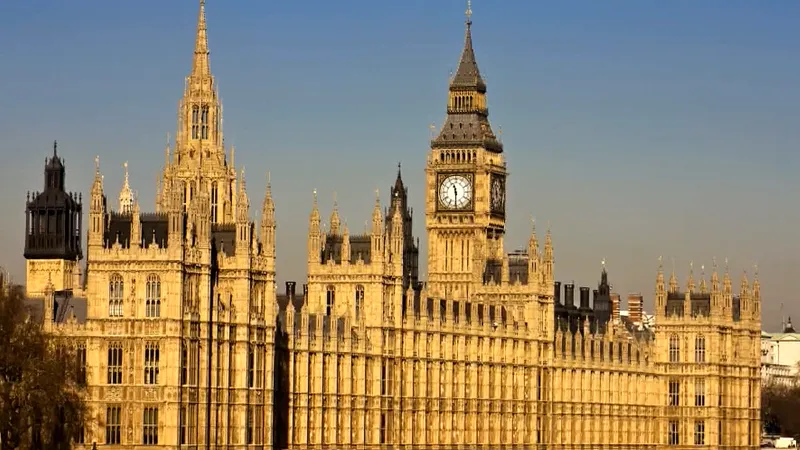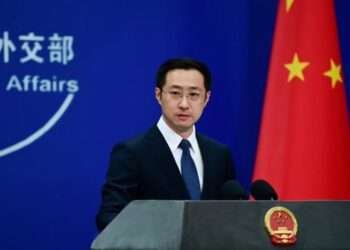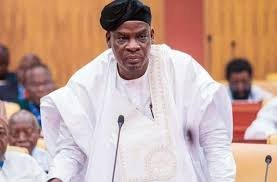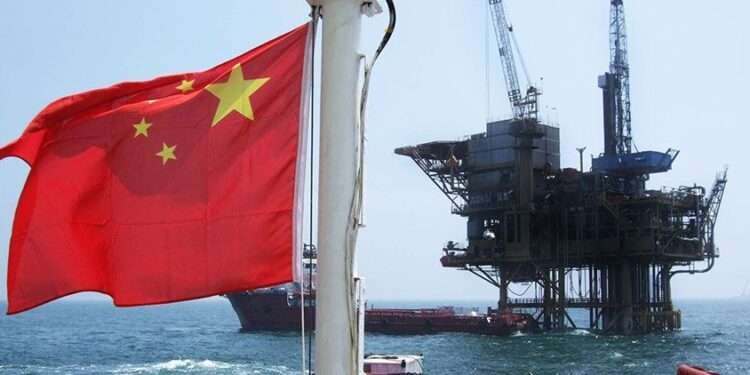Tory MPs urged ministers to take a tougher stance against China after the security services confirmed Beijing-backed hackers were responsible for a cyber-attack targeting the UK elections watchdog and a surveillance operation on British politicians.
The National Cyber Security Centre, part of Government Communications Headquarters (GCHQ), revealed that Beijing was behind the hackers who orchestrated the cyber-attack on the UK.
British politicians and security services expressed concern that the cyber-attack is an attack on the foundation of the UK’s democracy.
The Chinese Ambassador, Zheng Zeguang would be summoned to clarify his country’s actions, which reportedly granted Beijing access to the personal details of approximately 40 million voters, held by the Electoral Commission.
Furthermore, four British parliamentarians critical of Beijing were targeted in a separate attack, according to the security services.
Oliver Dowden, the Deputy Prime Minister, assured MPs that despite the attempts, the interference with UK democracy and politics had been unsuccessful. He affirmed, “We will not hesitate to take swift and robust actions wherever the Chinese government threatens the United Kingdom’s interests.”
Dowden emphasized, “The UK judges that these actions demonstrate a clear and persistent pattern of behavior that signals hostile intent from China.”
The United States, aligning with the UK’s stance, imposed sanctions, reinforcing the severity of the situation.
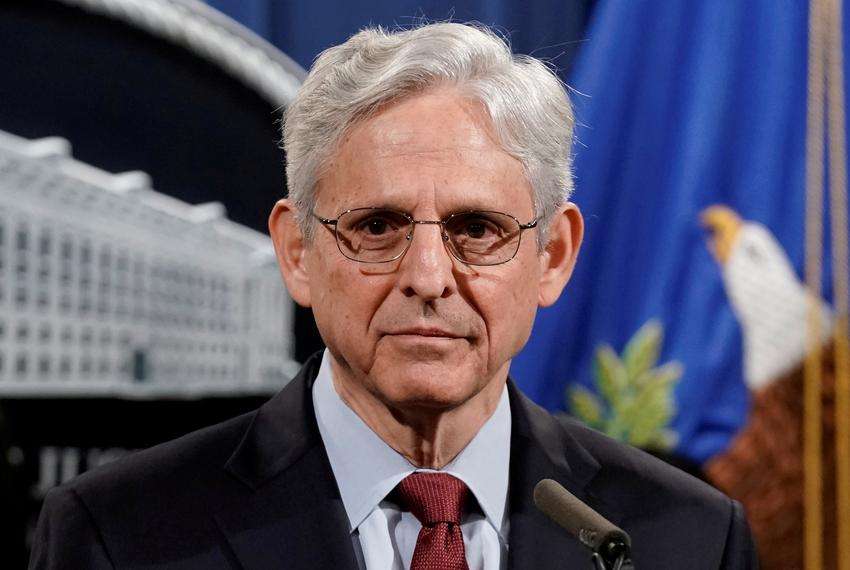
Merrick Garland, the US Attorney General, highlighted the seriousness of the issue, stating, “This case serves as a reminder of the ends to which the Chinese government is willing to go to target and intimidate its critics.”
The disclosure marks a new low in Beijing-London relations, prompting Conservative MPs to advocate for firmer measures against China. They have urged the government to designate top Chinese officials as hostile state actors and expedite comprehensive sanctions.
Prominent critics of China among the targeted parliamentarians include former Tory leader Iain Duncan Smith and former minister Tim Loughton.
Diplomatic Tensions Rise
Duncan Smith condemned the cyber-attacks, asserting, “We must now enter a new era of relations with China, dealing with the contemporary Chinese Communist party as it really is.”
Smith said he and colleagues had been “subjected to harassment, impersonation and attempted hacking from China for some time” but MPs would not be “bullied into silence by Beijing”.
Robert Jenrick, the former immigration minister, said: “The government clearly is not holding China to account for their attack on our democracy. Taking three years to sanction two individuals and a small company is derisory. This feeble response will only embolden China to continue its aggression towards the UK.”
Another Tory MP, Alicia Kearns, who chairs the foreign affairs committee, said, “This is sadly insufficient given the severity of the attack and the intent behind them. Two individuals and one firm is not deterrence. We need import controls and a comprehensive sanctions regime now.”
Criticism also targeted the government’s perceived slow response to the cyber-attacks, with Conservative MPs likening it to “an elephant giving birth to a mouse.”
Furthermore, concerns were raised over former Prime Minister David Cameron’s role in UK-China relations, amid questions over a Beijing-backed development scheme in Sri Lanka.
In response to the allegations, China firmly denied any involvement in cyber-attacks against the UK, dismissing them as “completely fabricated and malicious slanders.” A spokesperson for the Chinese embassy in Britain reiterated, “China has always firmly fought all forms of cyber-attacks according to law.”
The escalating tensions underscore the growing concern over cybersecurity threats and foreign interference in democratic processes, prompting calls for unified international action to safeguard national security and democratic principles.
The government’s commitment to defending against such threats remains steadfast as it navigates the evolving landscape of global cybersecurity challenges.
READ ALSO: Military ‘Domestication’, Ghana’s Politics and Security Dilemma



